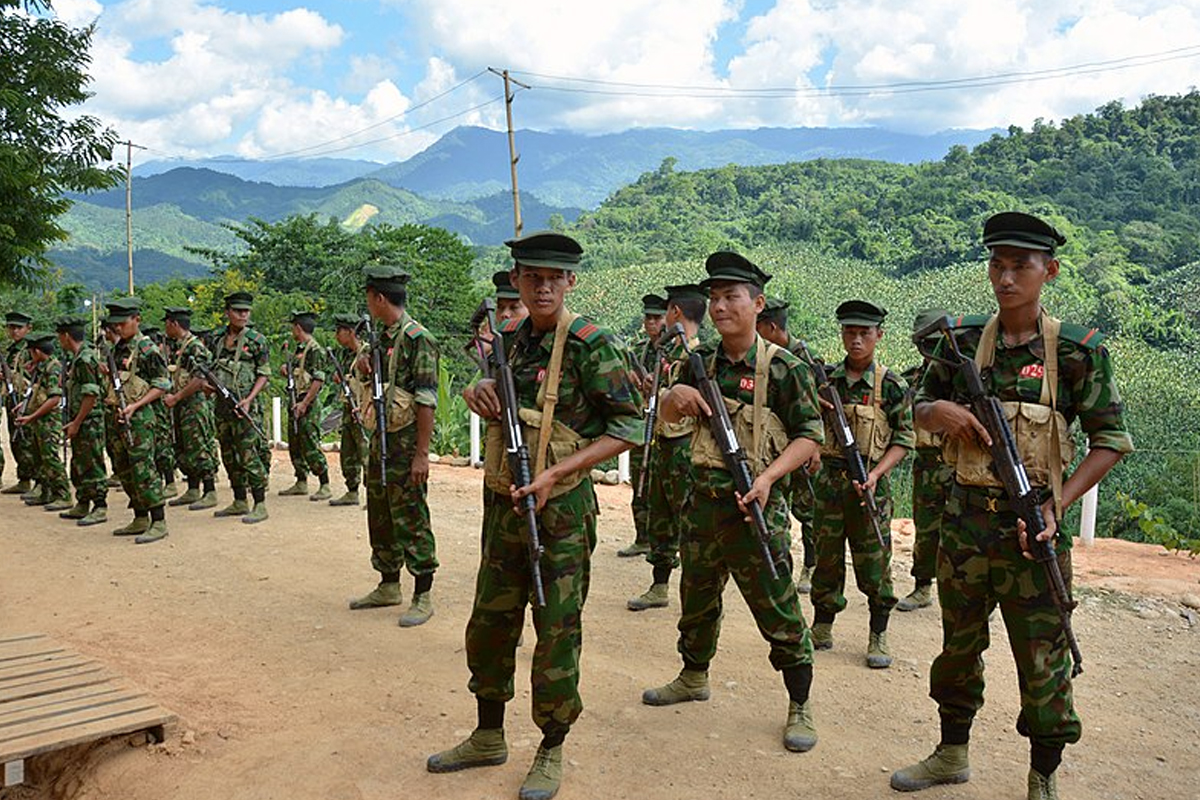A new report released by Tom Andrews, the UN Special Rapporteur on the situation of human rights in Myanmar, exposes how foreign banks are enabling the Myanmar military junta's access to weapons and related materials, sustaining its brutal campaign against civilians.
Titled "Banking on the Death Trade: How Banks and Governments Enable the Military Junta in Myanmar," the report identifies 16 banks across seven countries that have processed transactions linked to the junta's military procurement over the past two years. An additional 25 banks have provided correspondent banking services to Myanmar's state-owned banks controlled by the junta.
According to Andrews, these financial institutions facilitate the junta's systematic human rights violations, including aerial attacks on civilians, by maintaining business ties with Myanmar state-owned banks. He urged international banks to cease such transactions, emphasizing their obligation to refrain from facilitating crimes, including war crimes and crimes against humanity.
Despite some positive developments, such as a decline in the junta's annual procurement of weapons and military supplies through formal banking systems, the report underscores gaps in sanctions enforcement that the junta exploits to evade restrictions.
The report highlights a significant shift in ASEAN countries' roles in supplying weapons to Myanmar. Following last year's report, Singapore, identified as a major source of weapons and materials, saw a drastic 90% reduction in such exports after initiating investigations into Singapore-based entities involved in the trade. Conversely, military procurement from Thailand surged, with Thai banks playing a pivotal role in facilitating transactions totaling over $100 million in the year ending March 2024.
Andrews commended Singapore's proactive measures and urged Thailand to follow suit to disrupt the junta's capacity to sustain attacks on civilians. He stressed the urgent need for coordinated international actions, including tightening sanctions regimes and targeting financial networks supplying jet fuel to the junta, to curtail its lethal operations.
Since the military coup in Myanmar, over 5,000 civilians have lost their lives, more than 3 million people are displaced, and over 20,000 political prisoners remain incarcerated. Military airstrikes against civilian targets have increased drastically, while the junta faces resistance from opposition forces.
In conclusion, Andrews called on financial institutions to uphold their human rights responsibilities by halting transactions that aid the junta's violence. He urged sanctioning governments to intensify efforts against key junta-supporting networks, emphasizing that decisive actions could significantly mitigate the crisis in Myanmar and save countless lives.











